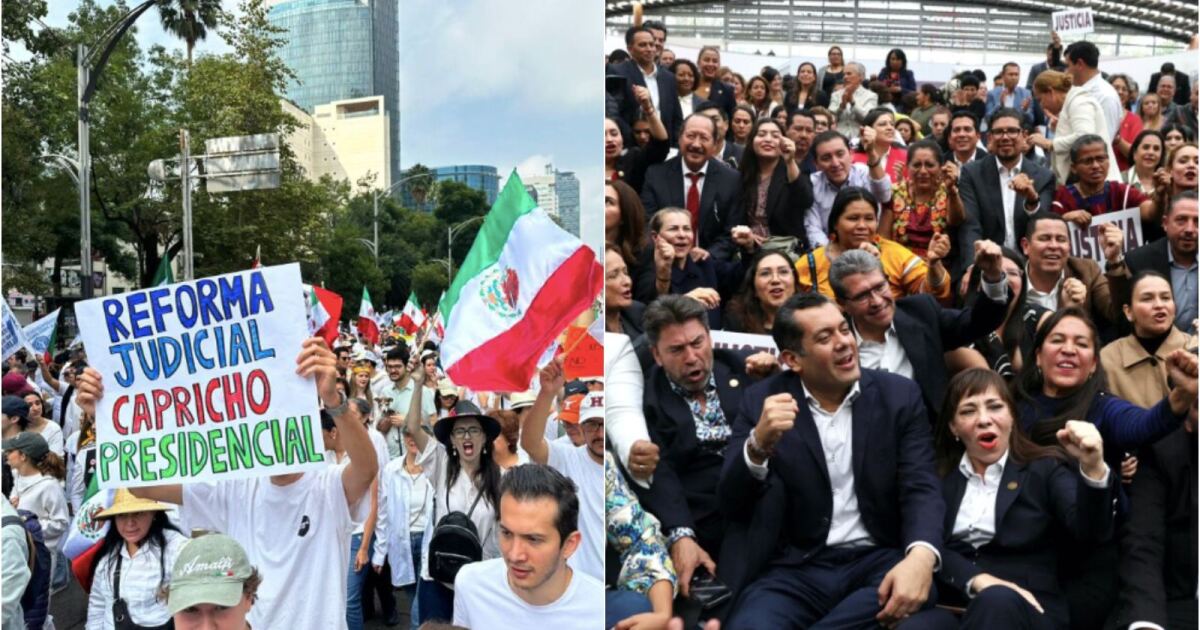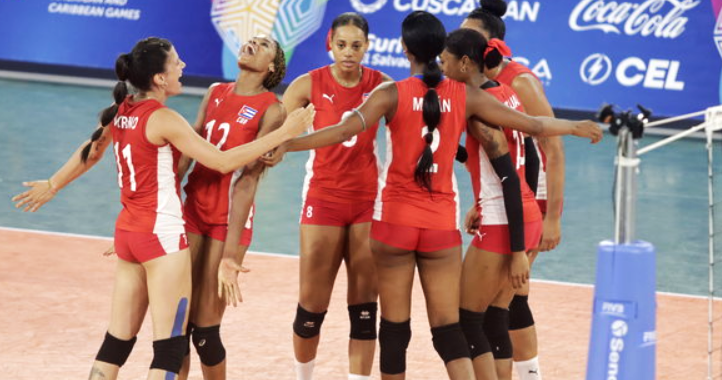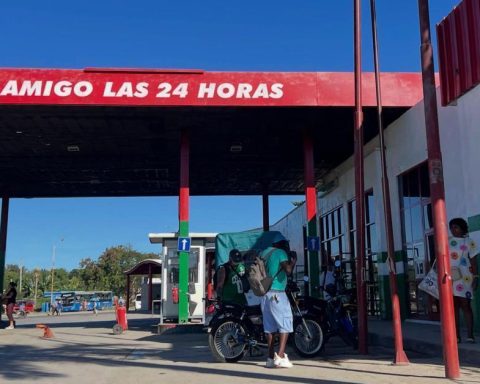Fight against corruption
In the presidential speech, the reform will end corruption in the Judiciary. To this end, it is proposed the creation of a Judicial Disciplinary Court (TDJ)as an independent Tribunal of the Supreme Court of Justice of the Nation (SJCN) and the Administrative Body of the Court, which will investigate irregularities.
For Laurence Pantin, director general of the Foundation for Justice, the reason is laudable, but the solution is not, and could be risky for judicial independence, that is to say for the freedom of judgment that every judge must have when issuing his decisions, without undue pressure.
For example, the reasons why the TDJ can sanction the judges are not causes already established in the General Law of Administrative Responsibilities, but rather “ambiguous terms were included such as ‘acts or omissions contrary to the proper administration of justice’, or to ‘impartiality’ or ‘independence’, and all of them give rise to a particular interpretation.”
Even a judgment that is not to one’s liking, without parameters already provided for by law and subject to the decision of whoever is sitting on that TDJ, could be grounds for sanction, “that is why we say that there is a risk that judges will be investigated for the meaning of their judgments,” says Pantin.
Adding to the concern is the fact that this TDJ “concentrates the functions of investigation, substantiation and resolution, contrary to what is established in international standards and the General Law of Administrative Responsibilities.”
“There is a design error with potentially serious consequences,” noted the specialist: the TDJ will be made up of three members, but the plenary session that resolves the cases proposed by the first instance will be made up of five members – including the three from the TDJ – so there is no independence between the first and second instance, and therefore it will not be guaranteed that the cases will be resolved with guarantees for the parties.
An additional problem with the reform is that the The disciplinary body will also be elected by popular vote. “that is, through a politicized process, it is extremely dangerous,” which is why the suitability of the profiles is not taken into account, in addition to the fact that disciplinary measures are not foreseen if those in charge incur in anomalies.
















